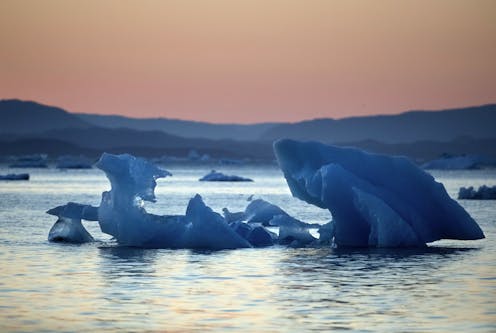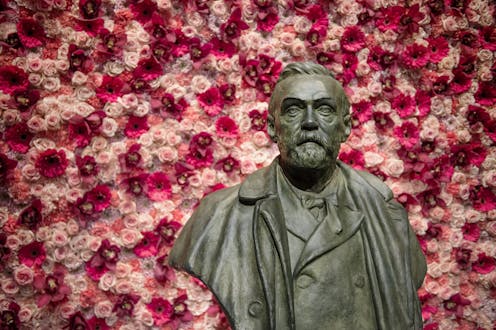Do tax cuts stimulate the economy more than spending?
- Written by Dale O. Cloninger, Professor Emeritus, Economics & Finance, University of Houston-Clear Lake
During the presidential campaign, Donald Trump promised to boost the economy both by cutting taxes and investing more money in infrastructure.
Usually, however, politicians and policymakers have favored one type of stimulus over the other. Conservatives like tax cuts, while liberals favor more spending.
In the Trump administration, tax cuts appear...
Read more: Do tax cuts stimulate the economy more than spending?








